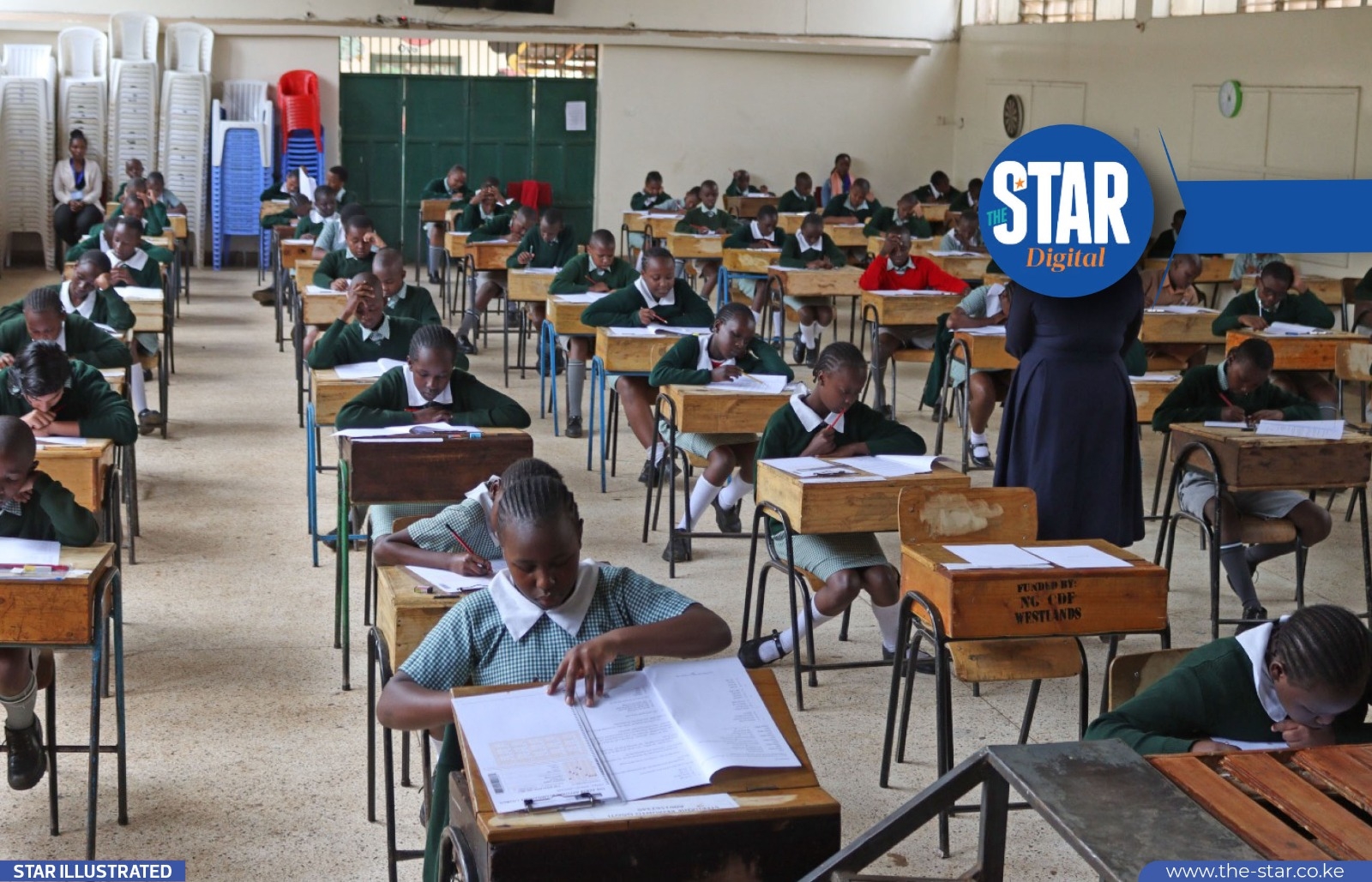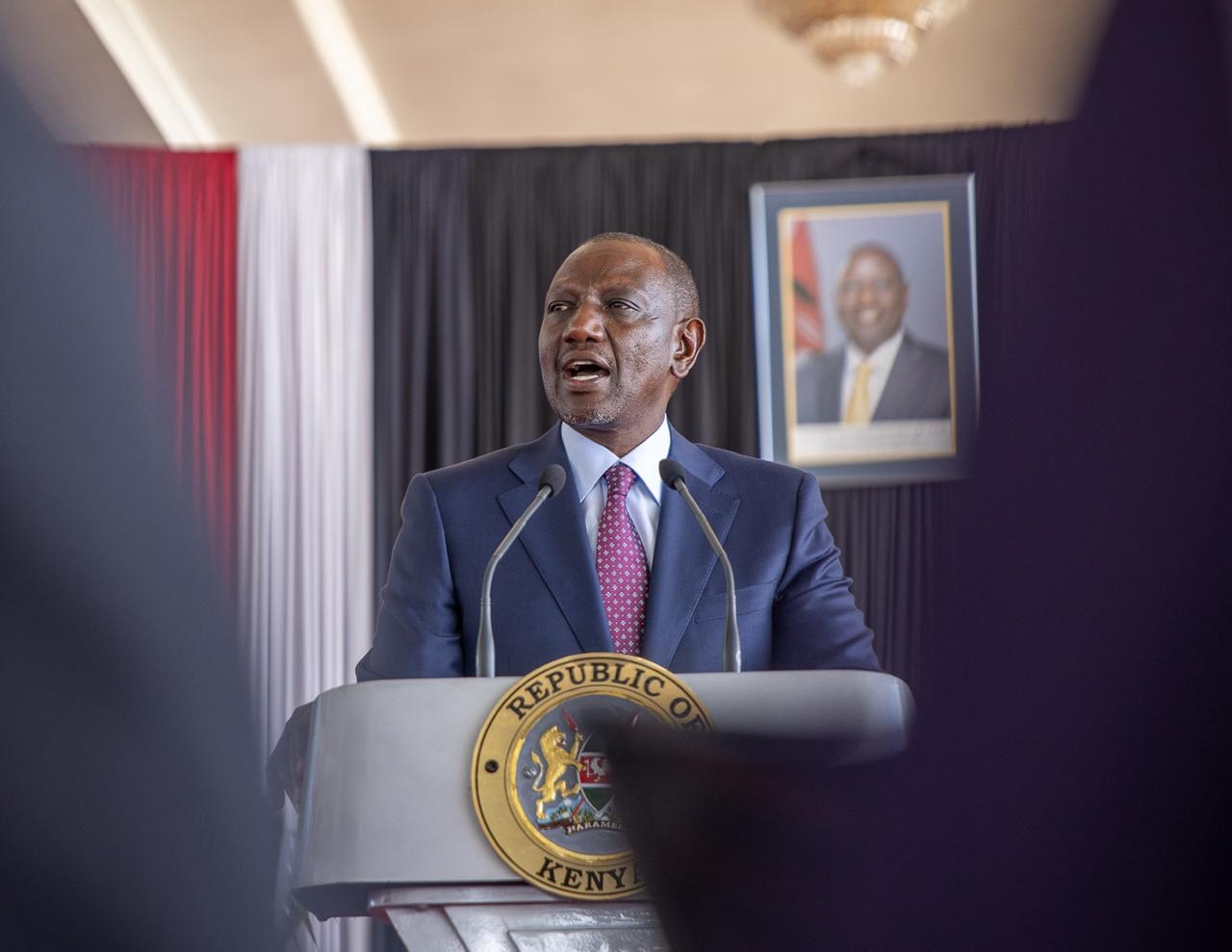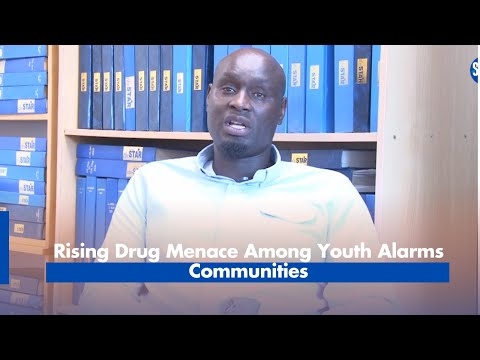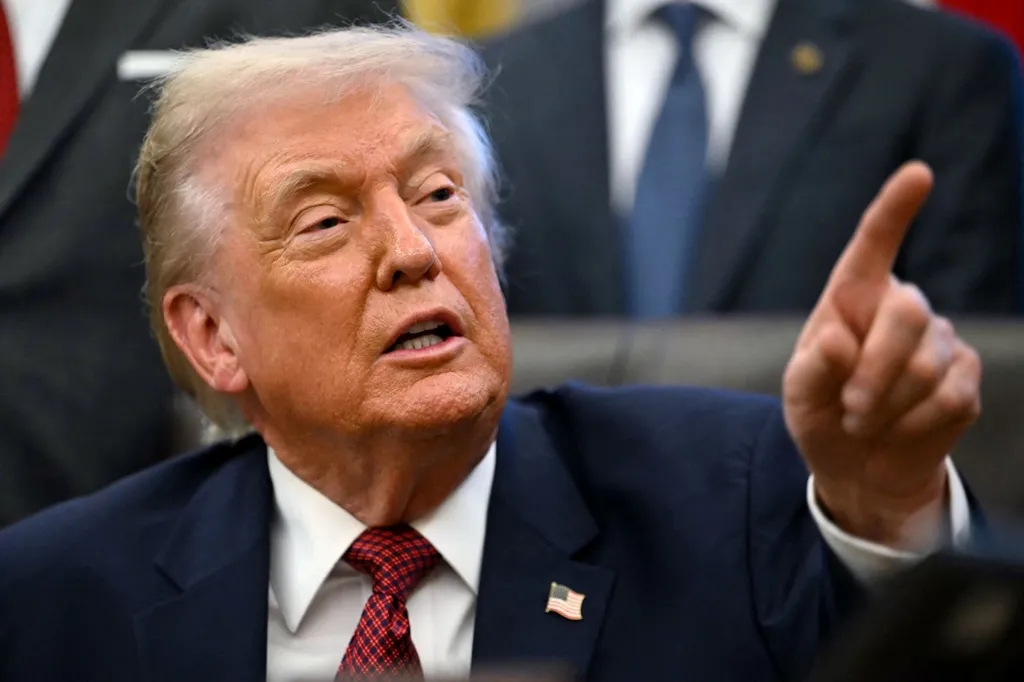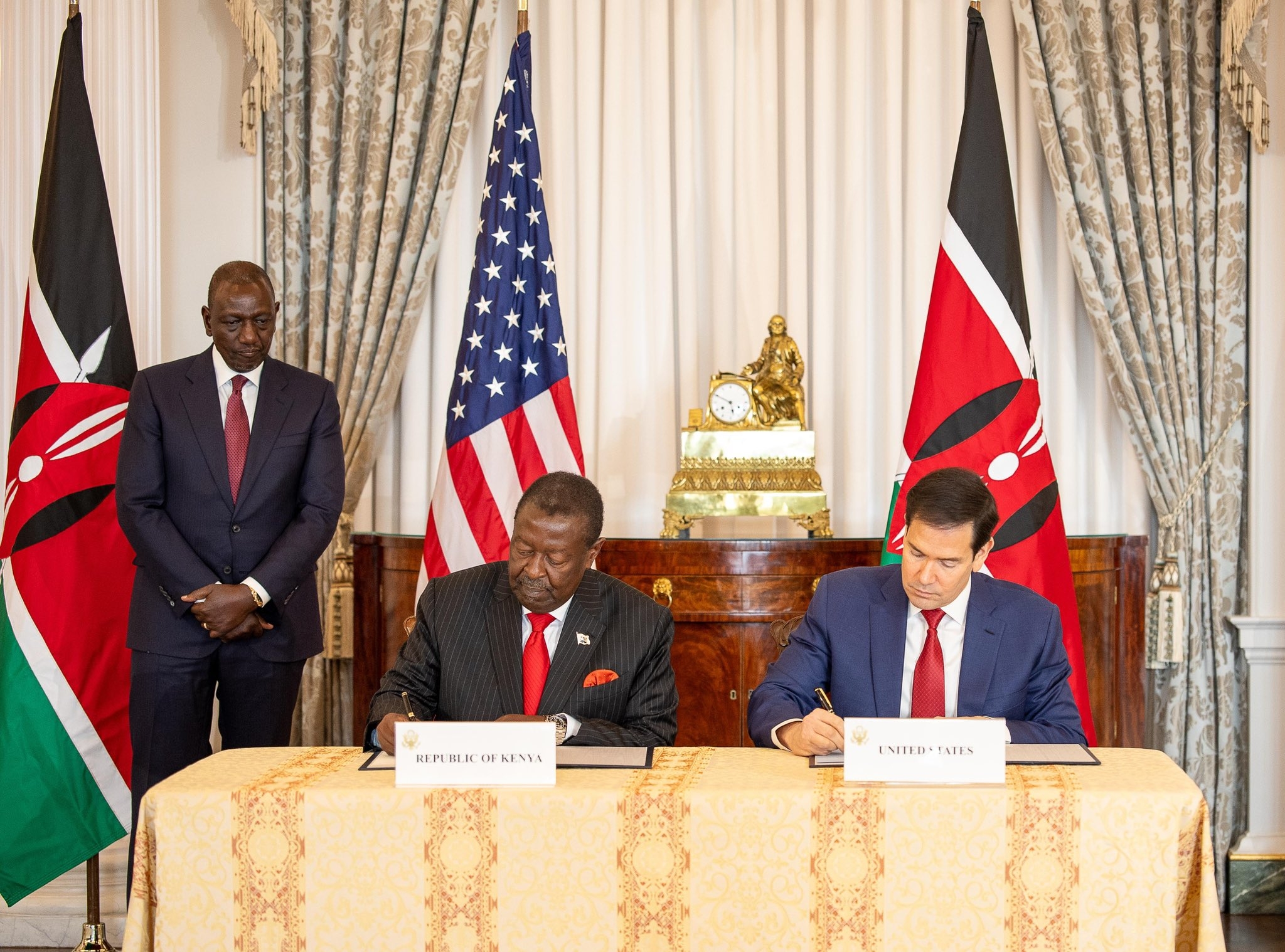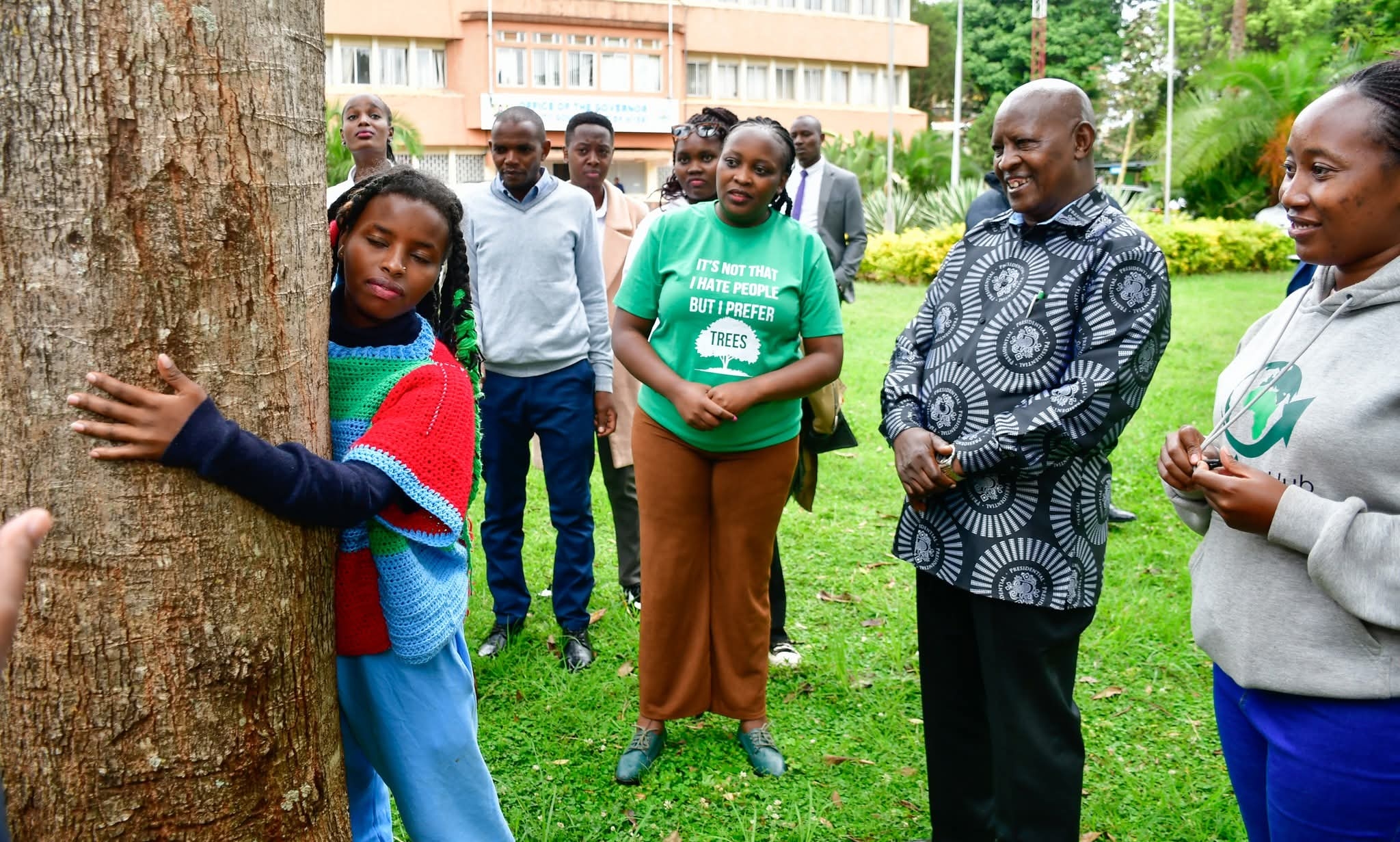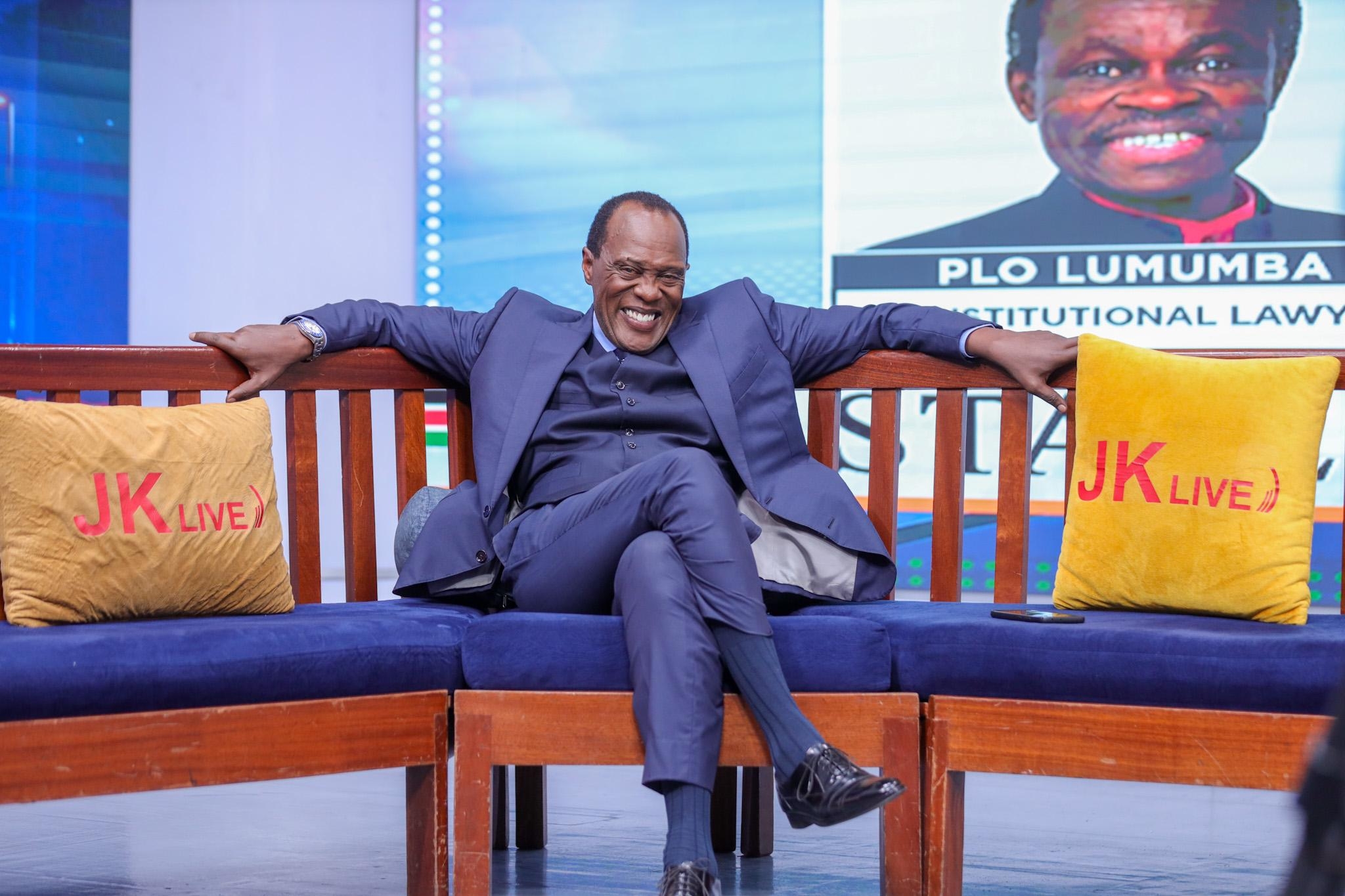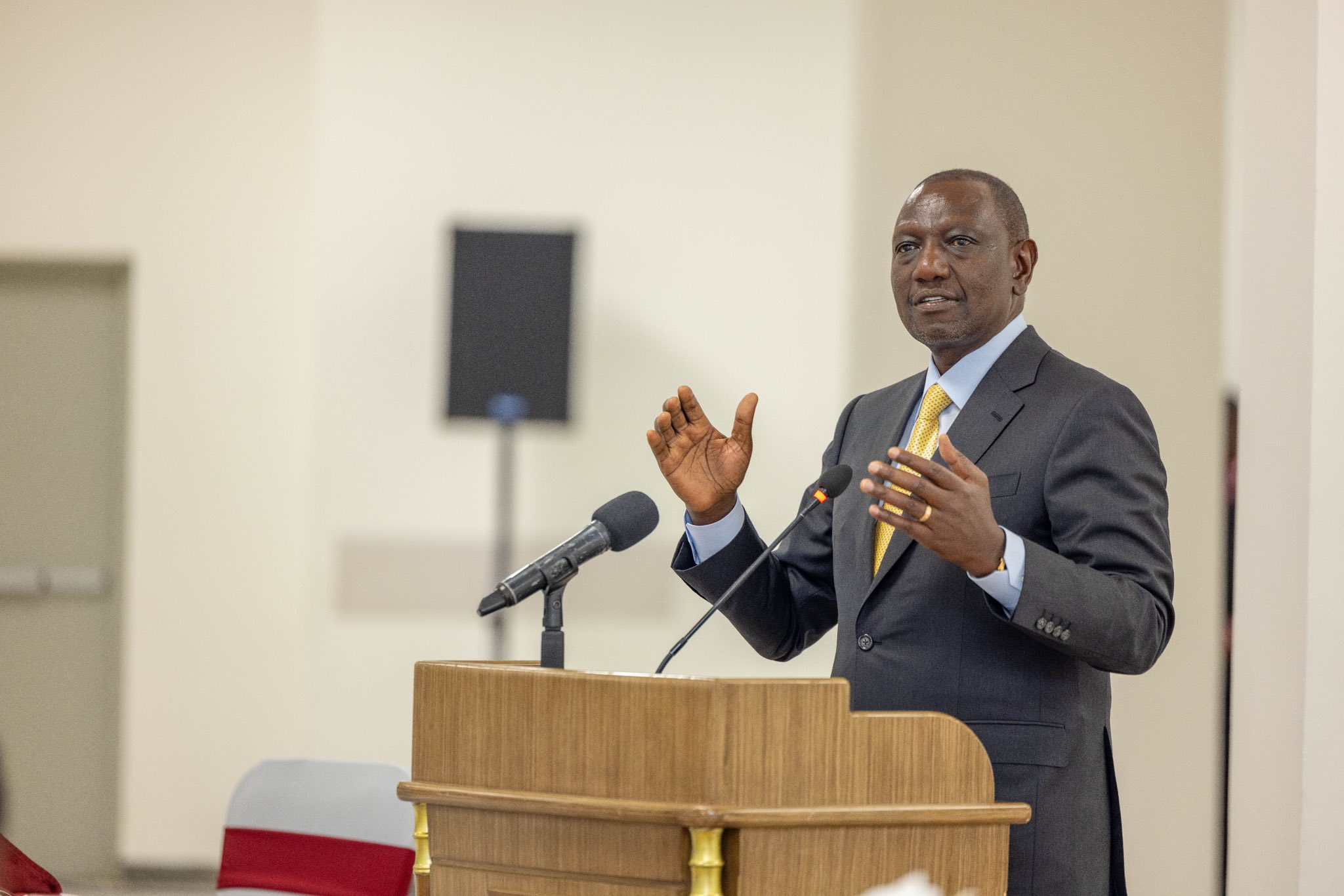
BY KIBISU KABATESI
President William Ruto’s exclamation that he has been “lonely at the presidency” isn’t for lack of courtiers, busy bodies and cheerleaders.
The essence of his lone-wolf howling is the absence of support in articulating public policy despite existence of the Cabinet, public and civil service bureaucracy infrastructure.
The Public Service Commission estimates government currently employs about one-million workers, who earned up to Sh1.17 trillion in salaries and allowances, or a humongous 6.92 per cent of GDP in the year ending June 2024.
It’s a ratio of one officer to 55 Kenyans.
With such human resource sequestered in ministries, departments and agencies, you would think the President is spoilt for choice on who should speak about government activities.
But that’s the wrong wish.
Not long ago, I wondered loudly in an opinion piece whether the ailing government communications had causality in a self-afflicted wound by the President, or was purely a malaise of a public service gone rogue.
I speculated whether by dint of his strong and possessive persona, President Ruto had muzzled any other voices.
A strong persona that constantly has the best idea that doesn’t allow for germination of better ideas from the conclave of appointees tends to scare.
The constant glancing over their shoulders for the President’s nod before expression by the public service has morphed into servient, insecure cynicism and silence.
In a sense, the President’s public admission of being overwhelmed is itself an act of emollience.
Yet this act alone will not breed helpful results.
It pains to see the President step in to argue for the Adani-JKIA, Adani - KETRACO, implementation of SHA/SHIF, CBC, New University Funding Model imbroglios, and a plethora of other routine policy shifts.
This has to do with knots manufactured within the public service system that expose the President to be the first off -the-blocs with information, sometimes unverified, which then denies him room and the element of deniability, an existential weapon in statecraft communication.
At its most crude, plausible deniability refers to the denial of blame.
It refers to circumstances where a denial of responsibility or knowledge of wrongdoing cannot be proved as true or untrue due to a lack of evidence proving the allegation.
The lack of plausible deniability opportunity is what the President misses.
A common practice is to let an apparatchik lower in the organisational hierarchy have the first go at a policy, programme or project.
In what’s colloquially known as a ‘test balloon’, should feedback be negative, then those at the top of the hierarchy have space for remedial intervention by posting the “correct” version.
For the bureaucracy to help the President in speaking to what government is doing, he will have to unsheathe the bottleneck of an informal edict of “concurrence” that stifles articulation of government policy, programmes and projects.
‘Concurrence’, as practiced, has no footing in known public service ethics policy.
For it doesn’t state concurrency of whom, how and when.
It’s been left to tragically fester as ‘concurrency of the President’.



